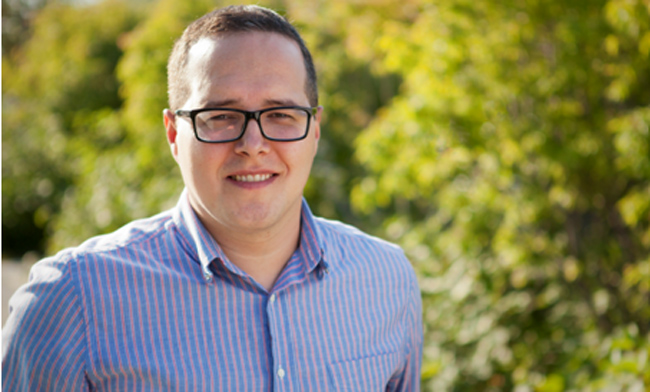Ask Dr. Mushquash: Are traditional, culture-based healing methods helpful in treating addiction?

Welcome to “Ask Dr. Mushquash”.
Are traditional, culture-based healing methods helpful in treating addiction?
As anyone who has participated in traditional culture-based healing ceremonies knows very well, the answer is YES. This understanding is part of Indigenous identities, and an important belief for Indigenous peoples. This could have been a very short column but as you may be learning, I often have more to say!
Over the last number of years, I have had the great fortune and pleasure of working with many others across Canada interested in understanding how traditional cultural healing practices work for mental health and addiction. Over many generations, Indigenous healers all around the world have developed methods to help us heal from all kinds of illnesses. Many of these approaches have been very successful and the mainstream is beginning to take notice. This is in thanks to the many courageous Indigenous peoples who have held strong to their traditions and been advocates for making sure our ways are preserved and respected.
Recently, we looked at all the research on traditional culture-based intervention for addiction and summarized it in a review paper. What we found is that traditional culture-based interventions used in addictions treatment for Indigenous people are beneficial to help improve the lives of people across all areas of wellness!
I think that in addition to the direct medicinal benefits of traditional culture-based healing approaches, there is another important benefit. That is, helping in connecting (or in some cases, reconnecting) our people with their culture. In the past couple of years, there has been a lot of work nationally at developing Indigenous addiction and mental wellness programs in our communities. A key part of our understanding of wellness is that culture is the foundation. Traditional culture-based interventions have the secondary effect of helping us develop purpose, hope, belonging, and meaning through connecting with culture. These are the things that pull us toward wellness. These ideas are reflected in a model that was recently developed by Health Canada and the Assembly of First Nations where purpose, hope, belonging, and meaning are at the center of the wellness circle.
All of that is not to say that there is no place for mainstream approaches (e.g., cognitive-behavioural therapy, motivational interviewing, relapse prevention, etc.). In fact, if we find approaches that complement each other, it is possible we could experience the benefits of both mainstream and traditional culture-based healing approaches together. There are a number of treatment centres in Canada that are successfully bringing these two ways of knowing together in a way that benefits Indigenous people. Despite some of the realities and difficulties we experience in relation to mental health and addiction, it really is an important time in mental health and addiction research and treatment in Canada. I am optimistic that as our systems change and become more inclusive and respectful of traditional culture-based approaches in collaboration with mainstream approaches, we will see continued improvement in wellness among our people, families, communities, and Nations.
To learn more about some of the work being done in the area of traditional culture-based approaches to addiction treatment, and to see all of the things that were created from our work, please visit:
http://www.addictionresearchchair.ca/creating-knowledge/national/honouring-our-strengths-culture-as-intervention/
It is important to note that Ask Dr. Mushquash is an educational tool and is not meant as treatment or a substitute for professional advice. Dr. Mushquash cannot provide psychological services through the column or arrange referrals or emergency care through this site. If you are in need of immediate help, please contact your local health centre, hospital, mental health worker, or crisis response. Medical questions or concerns should be directed to your nurse or family physician. We also have an ethical and legal obligation to report any suspicion of physical, sexual, or emotional abuse to the appropriate authorities.
For more information on Dr. Mushquash’s research, please visit his website: http://mushquash.lakeheadu.ca or follow him on Twitter: @DrMushquash


